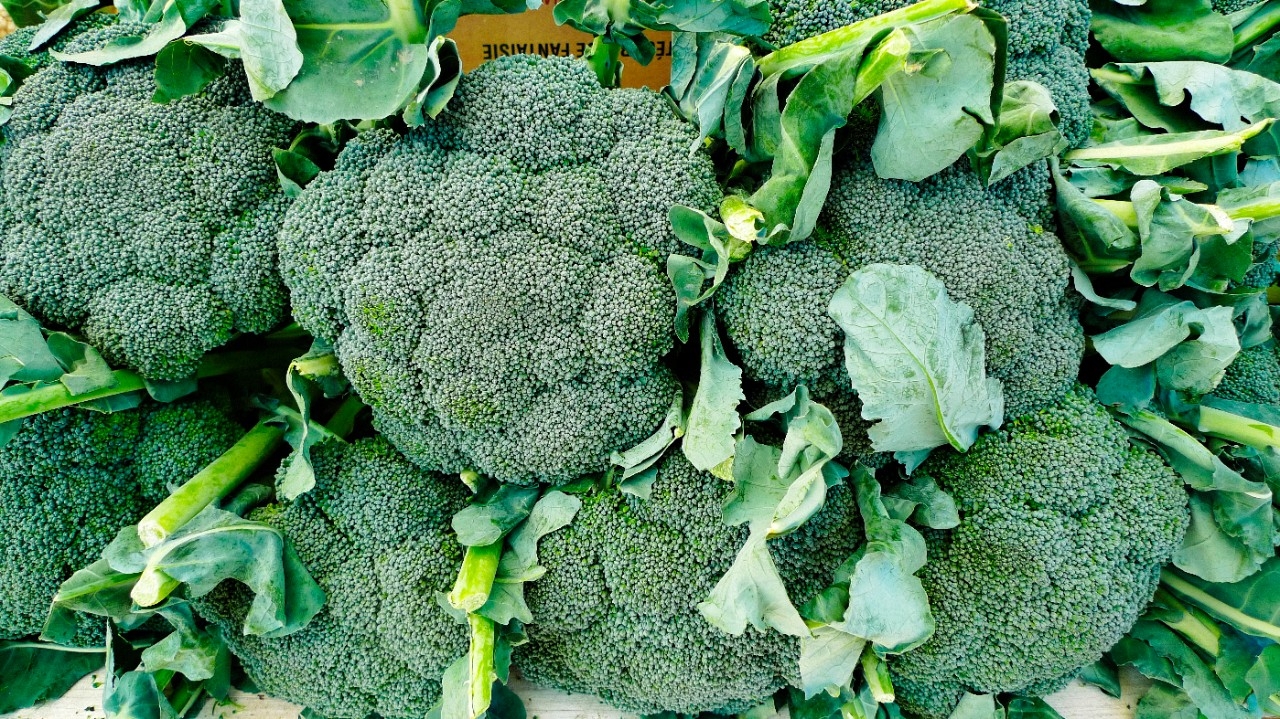New to MyHealth?
Manage Your Care From Anywhere.
Access your health information from any device with MyHealth. You can message your clinic, view lab results, schedule an appointment, and pay your bill.
ALREADY HAVE AN ACCESS CODE?
DON'T HAVE AN ACCESS CODE?
NEED MORE DETAILS?
MyHealth for Mobile
Nutrition Services for Cancer Patients
Nutrition Services for Cancer Patients
Nutrition is an important part of life, cancer treatment, recovery, and prevention. Food is one of the few things you can be in control of during your treatment. The oncology certified registered dietitians at the Stanford Cancer Center are here to help you make informed choices about nutrition, answer your nutrition-related questions, and help you to achieve and maintain good health.
Care and Treatment
Phytochemicals (Phytonutrients) as Part of Your Cancer Diet
Phytochemicals can be found in brightly colored fruits, such as berries
Phytochemicals are chemicals found in plants that protect plants against bacteria, viruses, and fungi. Eating large amounts of brightly colored fruits and vegetables (yellow, orange, red, green, white, blue, purple), whole grains/cereals, and beans containing phytochemicals may decrease the risk of developing certain cancers as well as diabetes, hypertension, and heart disease. The action of phytochemicals varies by color and type of the food. They may act as antioxidants or nutrient protectors, or prevent carcinogens (cancer causing agents) from forming.
Sources of phytochemicals
The list below is a partial list of phytochemicals found in foods:
- Allicin is found in onions and garlic. Allicin blocks or eliminates certain toxins from bacteria and viruses.
- Anthocyanins are found in red and blue fruits (such as raspberries and blueberries) and vegetables. They help to slow the aging process, protect against heart disease and tumors, prevent blood clots, and fight inflammation and allergies.
- Biflavonoids are found in citrus fruits.
- Carotenoids are found in dark yellow, orange, and deep green fruits and vegetables such as tomatoes, parsley, oranges, pink grapefruit, and spinach.
- Flavonoids are found in fruits, vegetables, wine, green tea, onions, apples, kale, and beans.
- Indoles are found in broccoli, bok choy, cabbage, kale, Brussel sprouts, and turnips (also known as "cruciferous" vegetables). They contain sulfur and activate agents that destroy cancer-causing chemicals.
- Isoflavones are found in soybeans and soybean products.
- Lignins are found in flaxseed and whole grain products.
- Lutein is found in leafy green vegetables. It may prevent macular degeneration and cataracts as well as reduce the risk of heart disease and breast cancer.
- Lycopene is found primarily in tomato products. When cooked, it appears to reduce the risk for cancer and heart attacks.
- Phenolics are found in citrus fruits, fruit juices, cereals, legumes, and oilseeds. It is thought to be extremely powerful, and is studied for a variety of health benefits including slowing the aging process, protecting against heart disease and tumors, and fighting inflammation, allergies, and blood clots.
Foods high in phytochemicals
Phytochemicals cannot be found in supplements and are only present in food. Foods high in phytochemicals include the following:
- Broccoli
- Berries
- Soynuts
- Pears
- Turnips
- Celery
- Carrots
- Spinach
- Olives
- Tomatoes
- Lentils
- Cantaloupe
- Garlic
- Apricots
- Onions
- Seeds
- Soybeans
- Green tea
- Apples
- Cabbage
- Brussels sprouts
- Bok choy
- Kale
- Red wine
There is no recommended dietary allowance for phytochemicals. Eat a variety of foods, including plenty of fruits and vegetables, to ensure you are getting adequate amounts in your diet.
Recipes
Cancer Fighting Recipe of the Week: Week 3
In honor of Colon Cancer Awareness month, we'll be featuring four colorectal cancer friendly recipes each week during the month of March.
Basil Broccoi
Broccoli, cabbage, collard greens, kale, cauliflower and Brussels sprouts are all cruciferous vegetables. This vegetable family contains powerful phytochemicals, including carotenoids, indoles and glucosinolates and isothiocyanates, which have been studied and shown to slow the growth of many cancers.
Grilled Vegetable Polenta with Pan Roasted Red Pepper and Tomato Sauce
Halibut with Citrus and Garlic
Hearty Beef Stew with Winter Vegetables
Herbed Polenta with Grilled Portobello Mushrooms
Mediterranean Grilled Veggie Pockets
Molasses-Cured Pork Loin with Apples
New American Plate "Tetrazzini" Casserole
Peppers Stuffed with Barley, Parmesan and Onion
Roasted Pork Tenderloin with Maple Mustard Sauce
Seared Scallops with Beet Puree and Arugula Salad
Soft Tacos with Southwestern Vegetables
Spicy Broccoli, Cauliflower and Tofu
Steamed Halibut on Spinach with Lemon Sauce
Summer Tofu Kebab with Peanut Sauce
Turkey Reuben Grilled Sandwiches
Udon Noodles with Spicy Peanut Ginger Sauce
For Patients
PREPARE FOR YOUR APPOINTMENT
- Bring your photo ID and Insurance Card
- Maps, directions, parking, public transit options, and contact information
Ask your physician for a REFERRAL for a Cancer Center Nutrition Appointment
Our dietitians are available for 45 minute consults by appointment only, Monday – Friday from 8 a.m. – 4 p.m.
Download our nutrition appointment flyer.
Questions about your appointment or need to make a change?
RESOURCES
For Health Care Professionals
Our dietitians are available for 45 minute consults by appointment only on: Mondays – Friday, 8 a.m. – 4 p.m.
HOW TO REFER
Call us at 1-650-498-6000 to refer a new patient for a nutrition consultation. If you wish to refer a patient to the Stanford Cancer Center, please call the Physician Helpline.
Download our nutrition appointment flyer.
Returning Patient
Questions about your appointment or need to make a change? Call:
Nutrition Services for Cancer Patients at Stanford Cancer Center Palo Alto
650-498-6000
Nutrition Services for Cancer Patients at Stanford Cancer Center South Bay
408-426-4900




